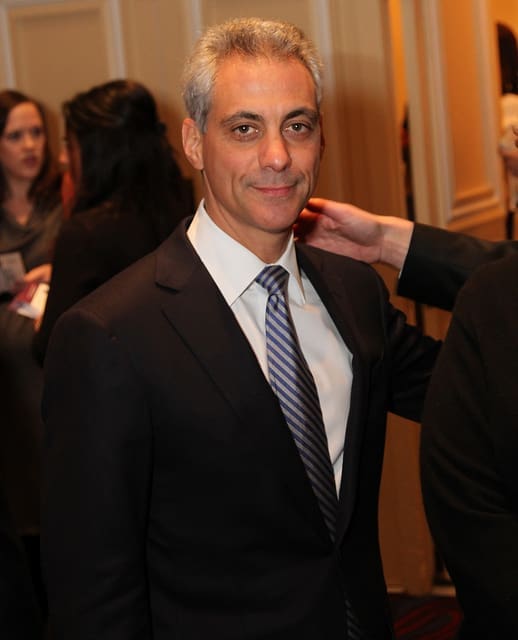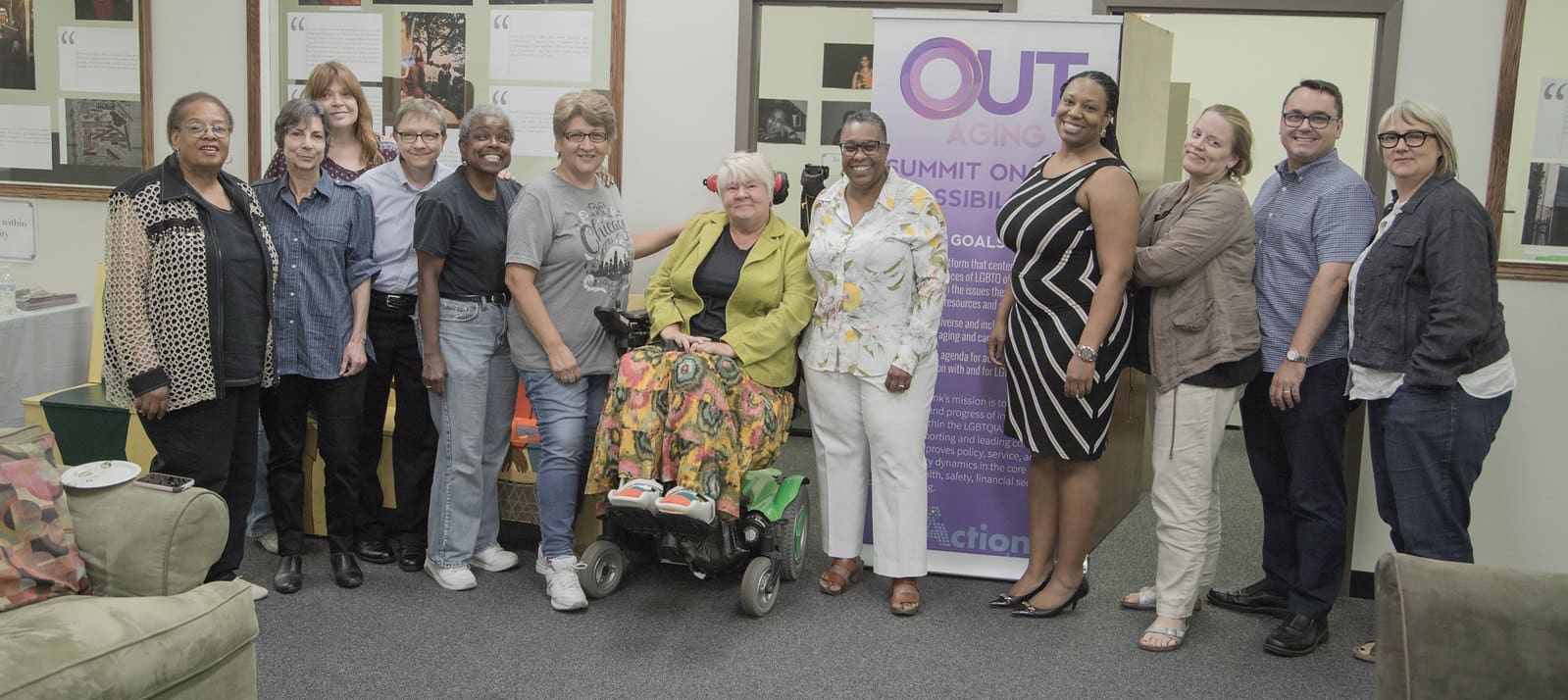“Mayor Emanuel provided hopeful signs for an aggressive reform agenda on HIV and related concerns.”
By Keith R. Green, AFC Federal Affairs Director
 On May 16, 2011, I had the privilege of attending the City of Chicago’s inauguration ceremony where 50 City Council members, citywide officials, and the Honorable Rahm Emanuel, Chicago’s newest Mayor, took the oath of office.
On May 16, 2011, I had the privilege of attending the City of Chicago’s inauguration ceremony where 50 City Council members, citywide officials, and the Honorable Rahm Emanuel, Chicago’s newest Mayor, took the oath of office.
In his remarks, Mayor Emanuel assured the public of his keen understanding of this great city’s enduring assets and pressing challenges. For me and tens of thousands of other HIV-affected Chicagoans, how the new Mayor confronts HIV and other public health concerns will be an important measure of his Administration’s leadership.
Throughout the campaign and transition process, Mr. Emanuel provided hopeful signs for an aggressive reform agenda. His response to the AIDS Foundation of Chicago’s (AFC) mayoral candidate questionnaire affirms a commitment to expand HIV prevention among Black gay and bisexual men, and other populations hard hit by the epidemic. Equally inspiring were his remarks and written reply to questions posed by a coalition of LGBT organizations that polled mayoral candidates on LGBT community priorities (for full disclosure, I participated in the coalition as both an officer of the Chicago Black Gay Men’s Caucus and as AFC’s new Director of Federal Affairs).
Emanuel named AFC President/CEO David Ernesto Munar, adolescent health expert Dr. Lisa Henry-Reid of Stronger Hospital, and disability rights advocate Kevin Irvine to his transition team. His transition plan includes laudable goals:
- Create a citywide health agenda to keep city government accountable for greater progress on HIV and other pressing health concerns
- Increase reliance on the city’s non-profit sector to deliver essential health, housing, food, and other vital services, and streamline what has become a Byzantine, ineffective city bureaucracy
- Improve the lives of young Chicagoans who suffer from poverty, bullying, unstable homes, violence, and unsupportive schools. For transgender and gay youth, these challenges only heighten their risk for HIV and other STDs.
Emanuel is also exploring synergies between the city and Cook County to maximize scarce resources and improve the delivery of clinical and public health services. Whatever becomes of these efforts must afford the people of Chicago—in all of its diverse neighborhoods—greater access to high-quality, accessible and affordable safety-net services.
However, negotiations must include input from non-governmental experts, and especially Chicagoans who rely on safety-net clinical services. Increasing the availability, accessibility and quality of the city’s HIV testing, care and surveillance, STD/TB, adult health, mental health, immunization, family planning, and other clinical areas must be a driving metric guiding any decisions around consolidation.
The hard work of governing begins immediately. AFC allies Dr. Bechara Choucair, Emanuel’s Public Health Commissioner, and Evelyn Diaz, the Mayor’s pick to lead the Department of Family and Support Services, must capitalize on renewed energy at City Hall to fill the record number of vacant positions. For example, the health department’s HIV office has more than two dozen vacant positions—including many that are 100% funded by the federal government—that must be filled immediately with proven public health leaders. The office of LGBT Health has also lacked a director for nearly a year.
Ending longstanding contracting and payment delays for delegate agencies—and other bureaucratic inefficiencies—will also require skilled leadership on behalf of the new Administration.
In these difficult economic times, Mayor Emanuel will need to review, evaluate, and strengthen accountability measures to ensure the financial viability and sustainability of HIV/AIDS prevention and care services in our city. Unquestionably, this will require him to make an extra effort to target funds to the most impacted populations. Many uncomfortable conversations will have to take place to determine where the best and most impactful investments must be made.
I believe that Chicagoans elected Rahm Emanuel because he will confront such critical conversations like allocation of resources. With an extensive (and impressive) history of public service, Emanuel’s track record demonstrates that he is of course well qualified for the job.
Nearly thirty years into the AIDS epidemic, with no significant public health improvements within communities most impacted by HIV/AIDS, the question that remains to be answered is not whether Emanuel can do the job, but will he. We are soon to find out.
More information on Rahm, HIV and LGBT Issues:
- AFC’s recommendations for Mayor Emanuel
- Rahm’s mayoral candidate questionnaire on HIV and public health
- Rahm’s mayoral candidate questionnaire on LGBT issues, including HIV
- Transcript of Rahm’s questions and answers from the 2011 mayoral candidate forum on LGBT issues
- Rahm’s fact sheet on LGBT issues
- Rahm’s transition plan



